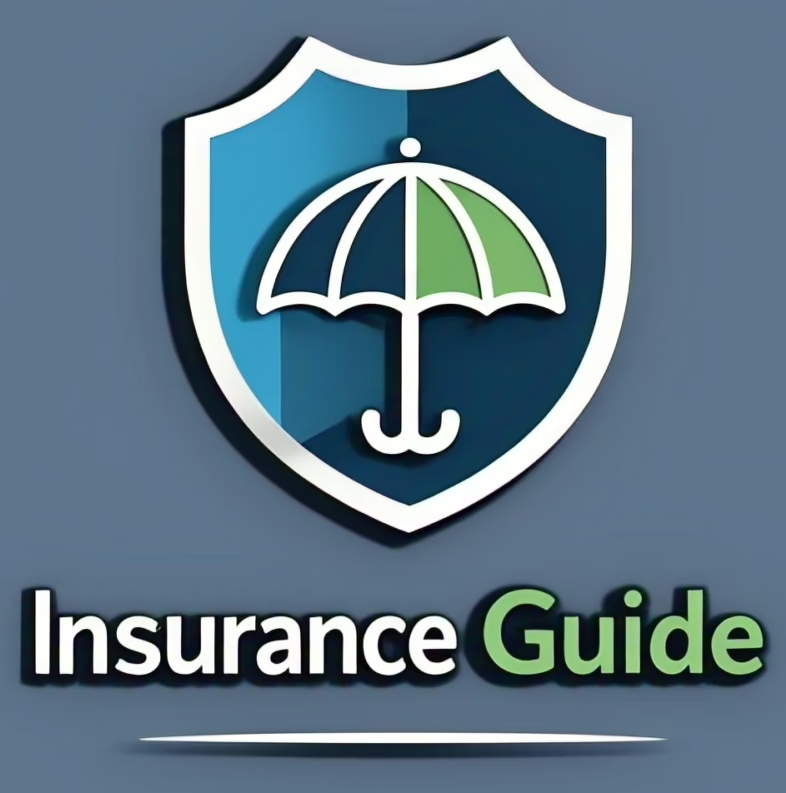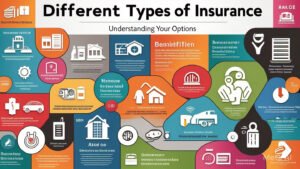10 Common Insurance Buying Mistakes to Watch Out For
Insurance is like a safety net—there when you need it most. But navigating the world of insurance can feel overwhelming, especially if you’re not sure what to look for. Avoiding these common mistakes can save you money, time, and a lot of future headaches. Here’s what to watch out for and how to make smarter decisions when buying insurance.
Mistake 1: Not Comparing Quotes
One of the biggest missteps you can make is failing to shop around. Prices, coverage, and discounts vary wildly between insurance providers, and sticking to just one option could mean missing out on a much better deal.
- How to Avoid It: Use reliable comparison tools to review offers side by side. Look at everything—premiums, policy benefits, deductibles, and even customer reviews.
- Why It Matters: Comparing life insurance quotes, car insurance rates, and homeowners insurance discounts ensures you’re not overpaying for less coverage.
Mistake 2: Skimming the Fine Print
We’ve all been there—you get the paperwork, and it’s pages upon pages of legal jargon. But ignoring the details could cost you. Some policies have exclusions or hidden clauses that might leave you without coverage when you need it most.
- How to Avoid It: Take the time to read the full policy. If something doesn’t make sense, ask your agent or provider to explain.
- Example: A homeowners insurance discount might look appealing but could exclude certain natural disasters like floods or earthquakes.
Mistake 3: Choosing the Cheapest Policy
Cheap doesn’t always mean good. A policy that seems like a bargain might leave you underinsured, meaning you’ll face bigger out-of-pocket expenses when something goes wrong.
- How to Avoid It: Strike a balance between cost and coverage. It’s better to pay slightly more for a policy that truly protects you.
- Example: A policy with full replacement value on your home may cost a bit extra, but it could save you tens of thousands in the long run.
Mistake 4: Forgetting to Ask About Discounts
You might be missing out on substantial savings if you don’t ask about discounts. Insurance companies often offer perks for bundling policies, installing safety devices, or even maintaining a clean driving record.
- How to Avoid It: Always ask about available discounts. Some aren’t advertised, so you’ll need to inquire directly.
- Example: Combining your car insurance rates and homeowners insurance discounts into one bundle can significantly cut costs.

Mistake 5: Letting Your Policy Get Outdated
Life moves fast, and your insurance policy needs to keep up. Major changes—like getting married, buying a new home, or having children—often require adjustments to your coverage.
- How to Avoid It: Review your policies at least once a year or after any major life event.
- Example: Updating your life insurance quotes to reflect a new mortgage ensures your family is financially protected.
Mistake 6: Overlooking Add-ons and Riders
Think of riders as bonus features for your insurance. They’re optional, but they can add significant value to your policy. Many people skip them, thinking they’re unnecessary, but that’s not always the case.
- How to Avoid It: Review all available options and consider whether any align with your lifestyle.
- Example: Adding roadside assistance to your car insurance rates might cost a bit more, but it’s a lifesaver in emergencies.
Mistake 7: Misjudging Deductibles
Choosing the wrong deductible can either leave you paying too much for your premiums or struggling to cover a claim out of pocket.
- How to Avoid It: Match your deductible to your financial situation. A higher deductible means lower premiums but more out-of-pocket costs when filing claims.
- Example: If you have a healthy emergency fund, a higher deductible might make sense. Otherwise, stick with a lower one for peace of mind.
Mistake 8: Relying Only on Online Reviews
Online reviews are helpful, but they can be misleading if you rely on them exclusively. Not all reviews are accurate, and they don’t take your specific needs into account.
- How to Avoid It: Use reviews as a starting point but balance them with advice from friends, family, or professionals who know your needs.
- Example: A provider with stellar reviews for auto insurance might not offer the same quality for life insurance quotes.
Mistake 9: Waiting Too Long to Buy
Delaying your insurance purchase might seem harmless, but accidents and emergencies are unpredictable. Without coverage, you’re exposed to significant risks.
- How to Avoid It: Don’t procrastinate. Start comparing quotes and securing coverage as soon as possible.
- Example: Locking in life insurance quotes while you’re young and healthy can save you thousands in premiums over time.
Mistake 10: Not Comparing Coverage Between Providers
Even when policies seem similar, the details can differ. Some insurers may have better customer service, more extensive benefits, or faster claims processing.
- How to Avoid It: Don’t focus solely on price. Look at the overall package, including coverage options, add-ons, and customer support.
- Example: One provider might include roadside assistance in their car insurance rates, while another charges extra for it.
Final Thoughts
Buying insurance doesn’t have to be overwhelming. By avoiding these common mistakes and staying informed, you can secure the protection you need without overpaying. Whether it’s life insurance quotes, cheap car insurance rates, or homeowners insurance discounts, taking the time to research and ask questions pays off in the long run.
Ready to Get Started?
Compare quotes today using trusted online tools. Protect your family, your assets, and your peace of mind with the right insurance plan.
FAQs: Common Questions About Insurance
Q: How do I find the best insurance quotes?
A: Use online tools to compare providers based on cost, coverage, and discounts. Look for reviews and ask for recommendations to narrow down your options.
Q: Why is it important to review policy details?
A: Understanding your policy’s limits, exclusions, and deductibles can save you from surprises during a claim.
Q: Are bundled policies worth it?
A: Absolutely! Bundling multiple policies not only simplifies management but can also lead to significant savings.




